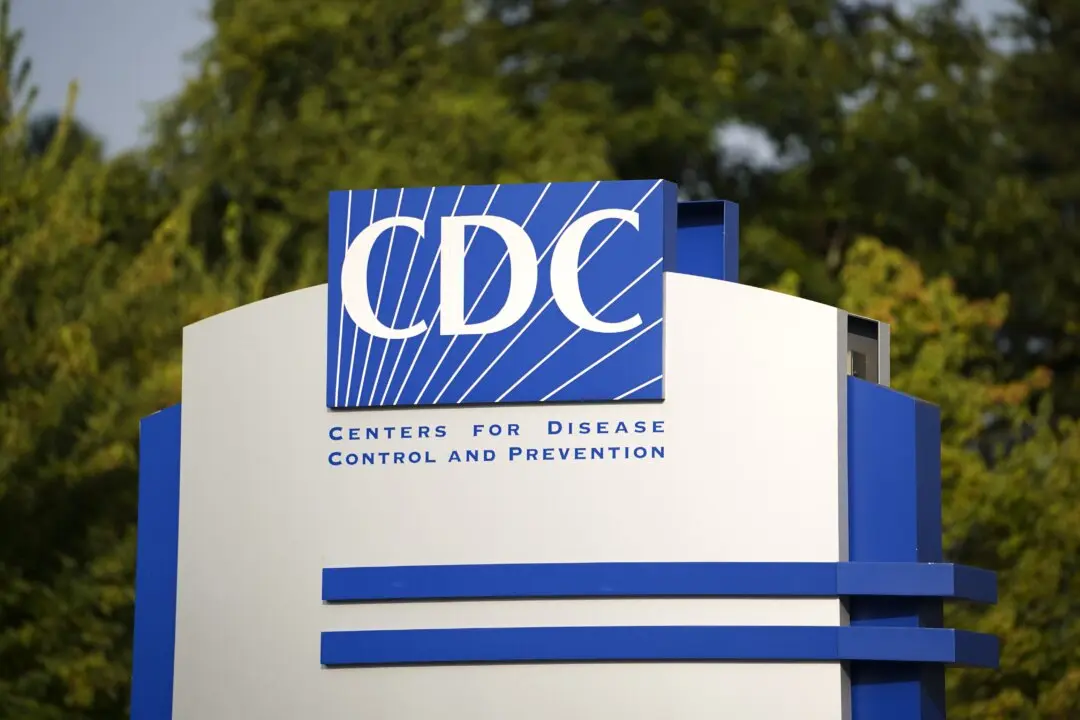The Centers for Disease Control and Prevention conducted a risk assessment for measles but did not release it to the public, the Department of Health and Human Services (HHS) has confirmed.
“CDC did not release the measles risk assessment because it does not say anything that the public doesn’t already know: the risk of measles virus is low for the overall U.S. population, and high for communities with low vaccination rates in areas with active measles outbreaks or with close social and/or geographic linkages to areas with active measles outbreaks,” an HHS spokesperson told The Epoch Times in an April 3 email.





